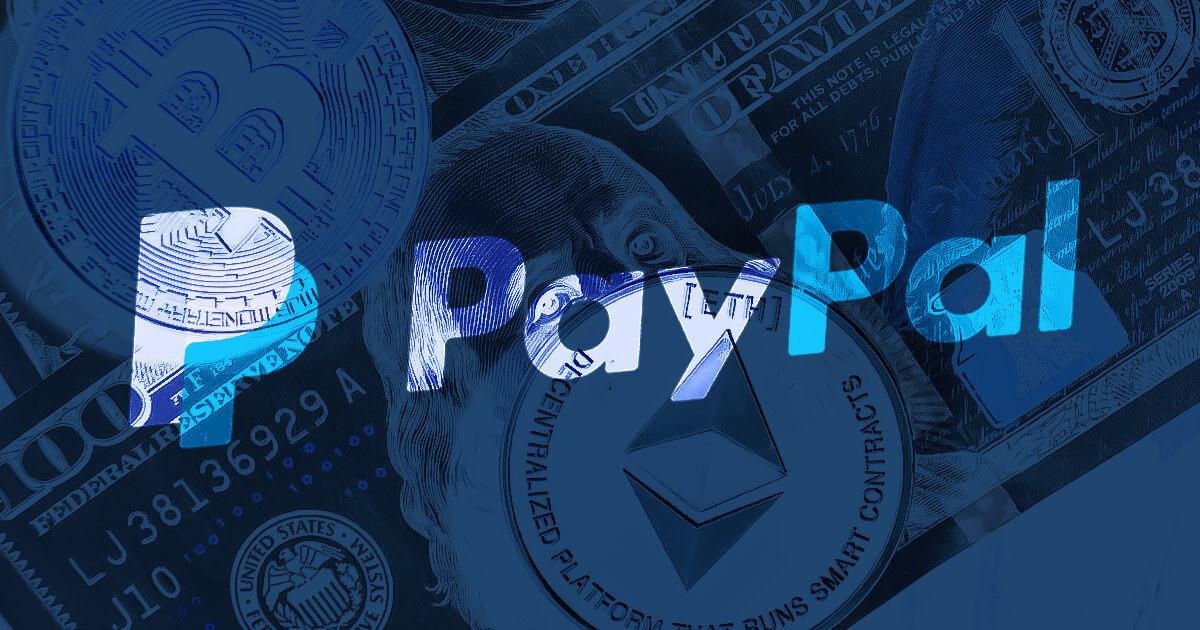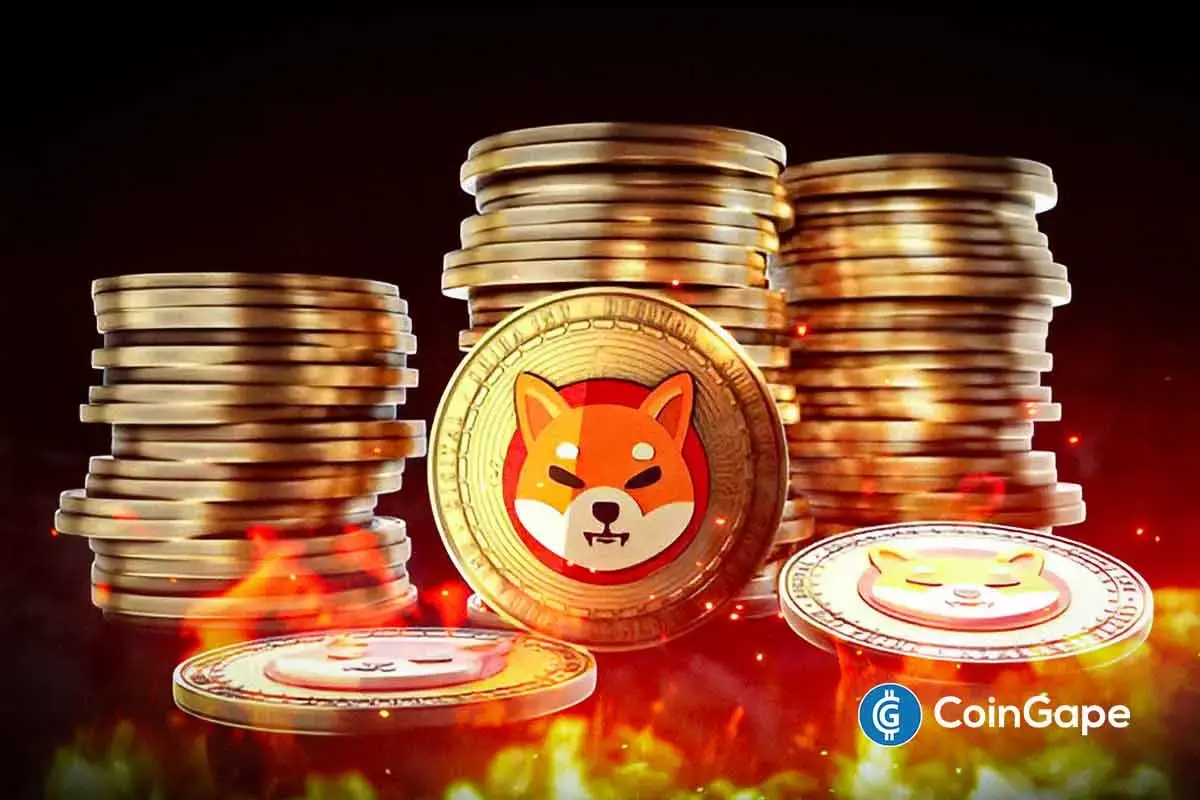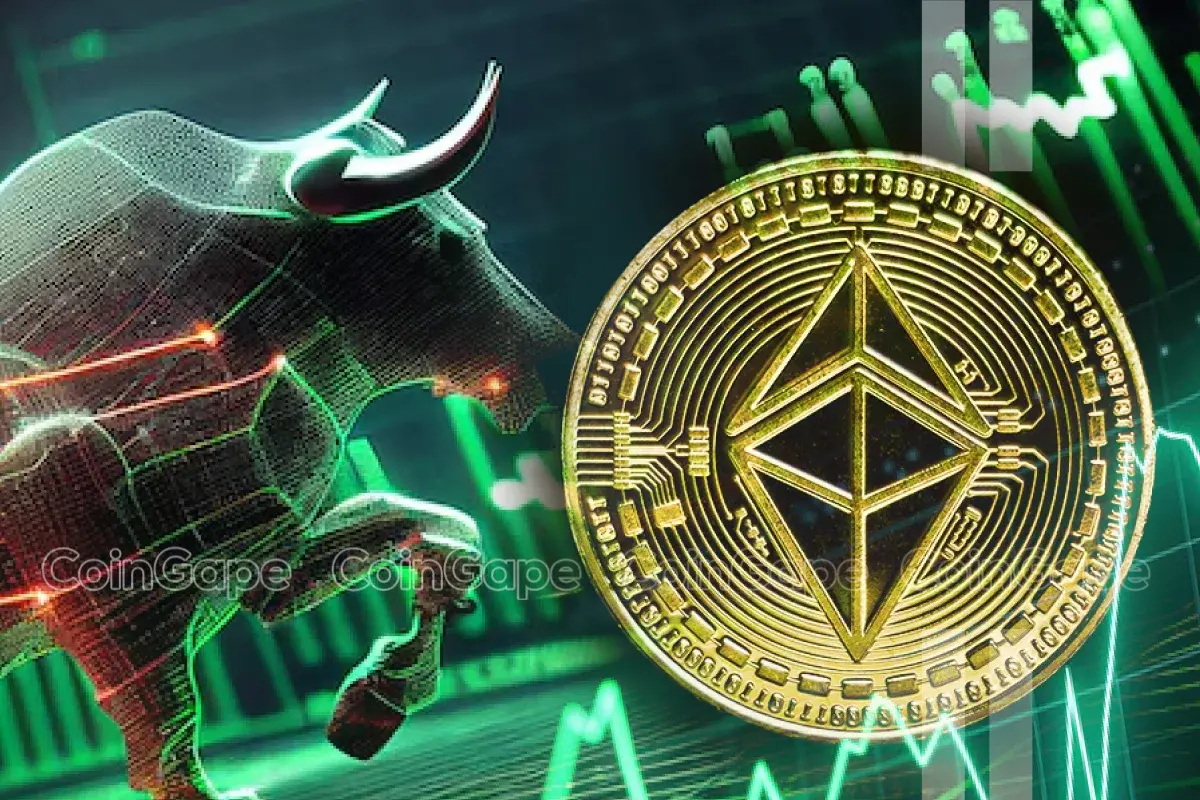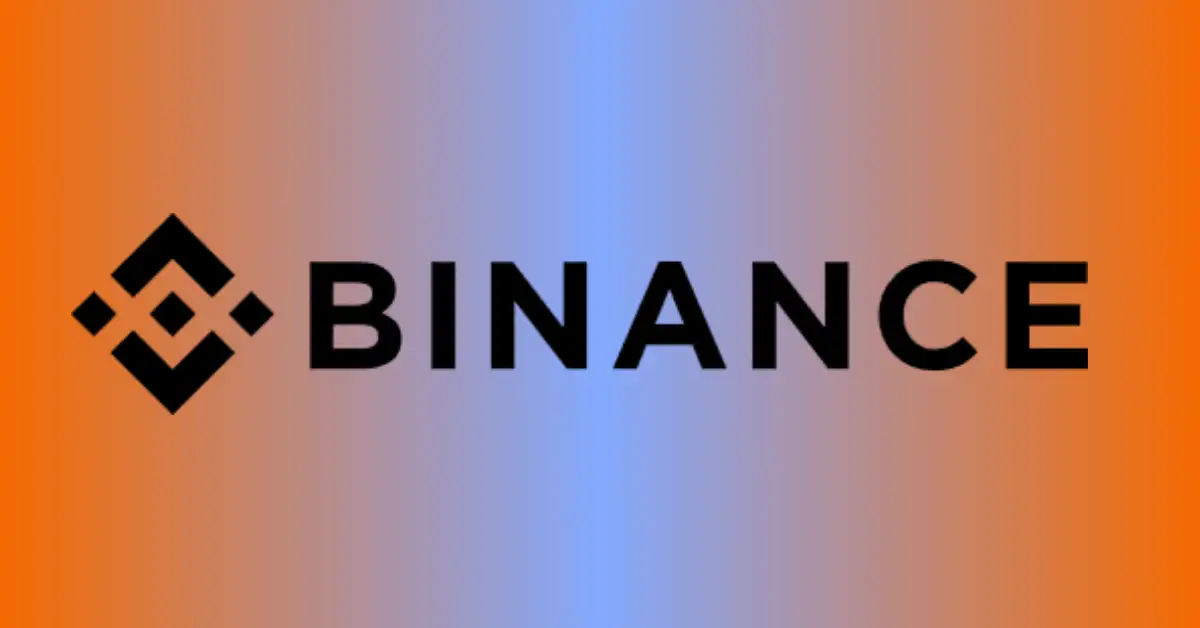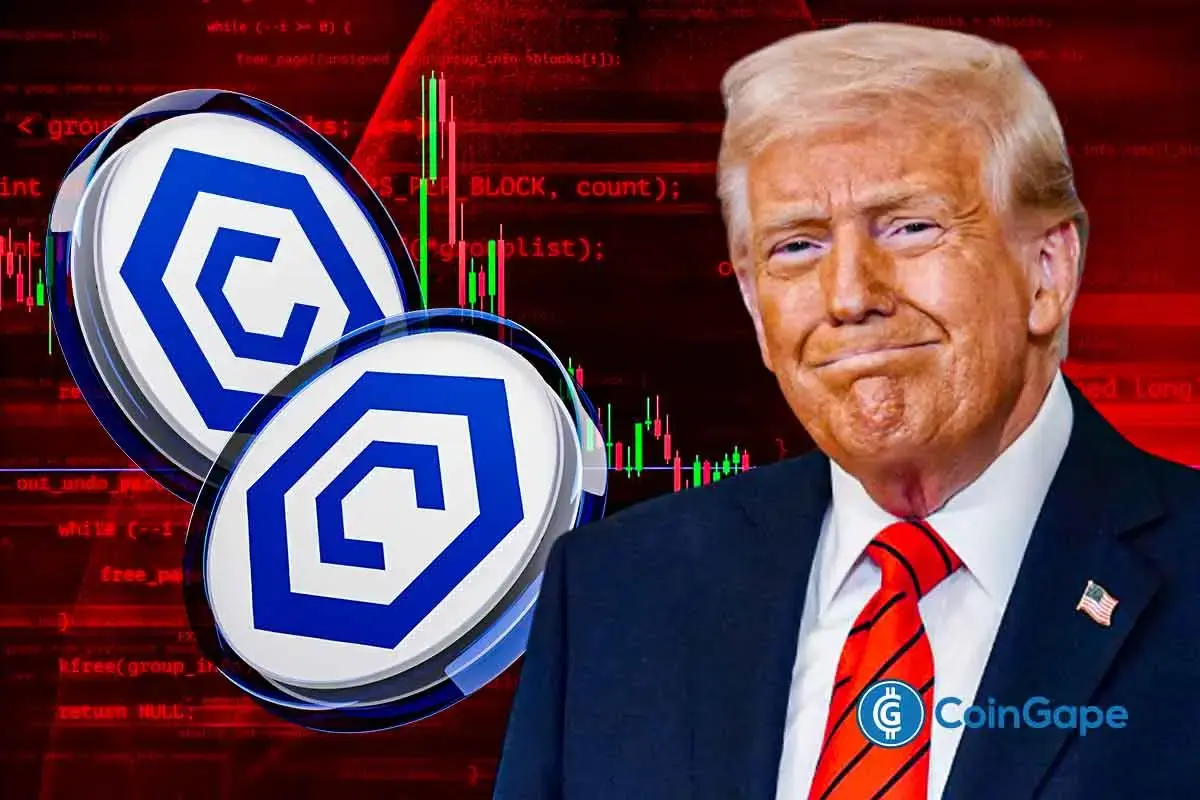PayPal ends protection for NFT transactions due to industry volatility
The Shift in PayPal’s Approach
PayPal recently made a significant announcement that it will no longer be offering buyer and seller protection for transactions involving NFTs starting from May 20. This decision marks a notable shift in the company’s approach to the digital asset market. Historically, PayPal has been known for its protection programs that safeguard consumers against fraudulent transactions, providing refunds and shielding sellers from chargebacks and false claims.
Industry Volatility and Risks
The decision to end protection for NFT transactions can be attributed to the industry’s inherent volatility and risks. Non-Fungible Tokens (NFTs) have gained immense popularity in recent years, with unique digital assets being sold for millions of dollars. However, the market is also plagued with scams, fraud, and price fluctuations, making it challenging for platforms like PayPal to provide adequate protection for buyers and sellers.
The Impact on Consumers
For consumers, the end of protection for NFT transactions means that they will have to be more cautious and vigilant when buying and selling these digital assets. Without PayPal’s buyer and seller protection, there is a higher risk of falling victim to scams or ending up with fraudulent NFTs. It is essential for consumers to conduct thorough research and due diligence before engaging in NFT transactions to mitigate potential risks.
The Global Perspective
PayPal’s decision to end protection for NFT transactions is likely to have a ripple effect on the global digital asset market. Other platforms and payment processors may follow suit, leading to a more stringent regulatory environment for NFT transactions. While this may help weed out bad actors and improve transparency in the market, it could also deter some legitimate buyers and sellers from participating in NFT transactions.
Conclusion
In conclusion, PayPal’s move to end protection for NFT transactions reflects the evolving nature of the digital asset market and the challenges associated with regulating it. While this decision may inconvenience some consumers in the short term, it is a necessary step towards ensuring the long-term sustainability and legitimacy of the NFT market.
How will this affect me?
As an individual consumer, the end of protection for NFT transactions by PayPal means that you will need to exercise caution and due diligence when engaging in such transactions. Be aware of the risks and potential scams associated with the NFT market, and consider using alternative payment methods that offer protection for digital asset transactions.
How will this affect the world?
The broader impact of PayPal’s decision to end protection for NFT transactions is that it could lead to greater scrutiny and regulation of the digital asset market globally. Other platforms and payment processors may adopt similar policies, which may impact the overall dynamics of the NFT market and shape its future development.

